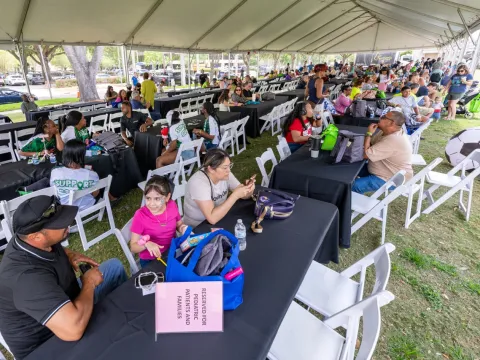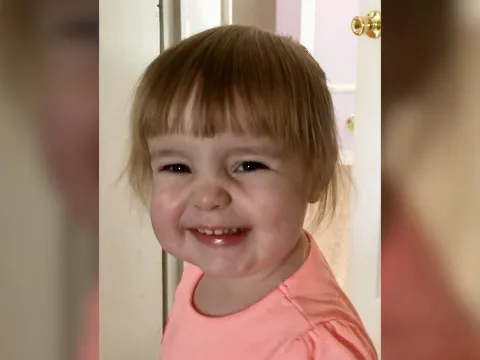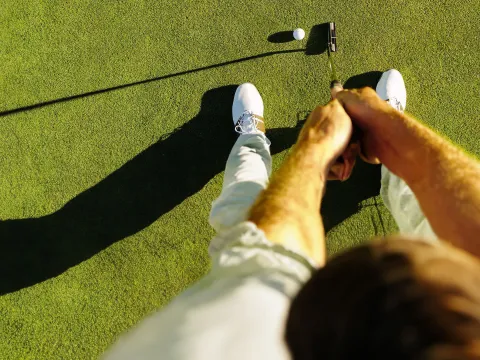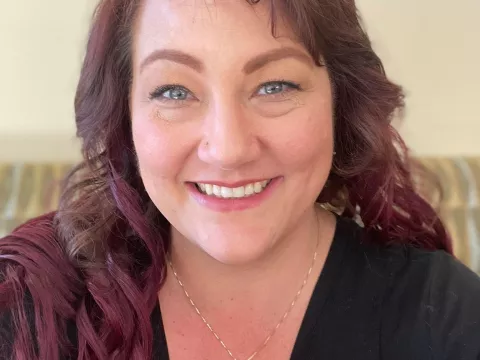- AdventHealth
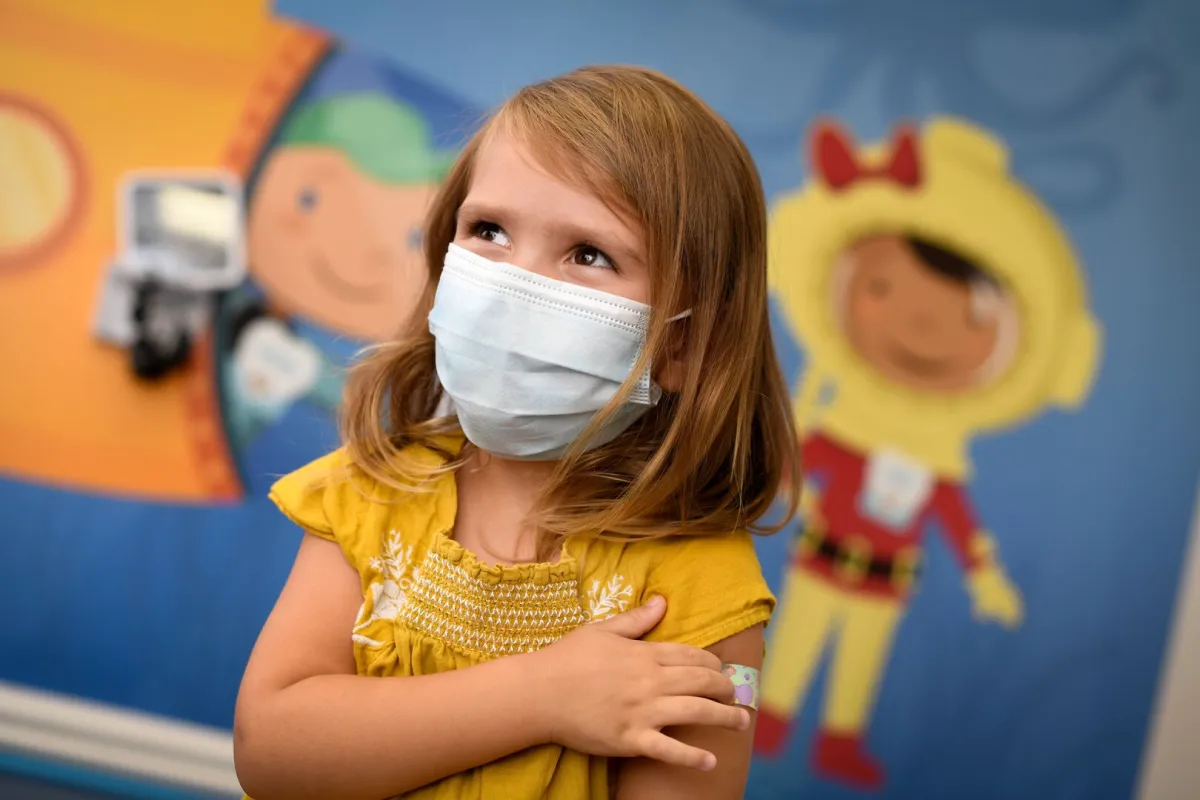
Has a day gone by in the past couple of years that you have not heard the word “vaccine”? First it was COVID-19 and its multiple variants, which required the development of new vaccines. Then monkeypox took center stage, and though effective vaccines already existed, they were in short supply. Then, in July, the polio virus, the first case in the U.S. in almost a decade, was detected in an unvaccinated individual in Rockland County, N.Y. A single confirmed case may not seem like cause for concern, but experts say potentially 200 people around that case may have been exposed or are now carrying the virus. And while it may not result in paralysis – or even death – polio can have lasting, life-altering effects.
“As far as I’m seeing in the community, there hasn’t been a big concern” about the re-emergence of polio, says Fatma Levent, MD, a pediatric infectious diseases specialist for AdventHealth Orlando, who is seeing firsthand the result of a lapse in routine childhood vaccinations. “However, there may be some outbreak fatigue. People just don’t want to hear about it much.”
As National Immunization Awareness Month draws to a close, the case of an individual contracting a disease long thought to be eradicated in the U.S. is a reminder of the importance of timely vaccines, no matter the month.

As one in a series of routine childhood vaccines, the polio vaccine arrived on the scene in 1955. Unlike in other countries where the oral polio vaccine (OPV) may still be used, the inactivated polio vaccine (IPV) has been the only form given in the U.S. since 2000. Three doses are administered between 2 months and 18 months, with a final dose given between the ages of 4 and 6.
However, when it comes to adhering to an immunization schedule, Dr. Levent says, “I feel like there have been many lapses of routine vaccinations for different reasons. And that probably correlates with the outbreaks we are seeing.” Consider that, according to the Florida Department of Health, the statewide immunization coverage level for 2-year-olds was 79.3% in 2021, down from 93.4% in 2020. A number of factors may be contributing to that decline, Dr. Levent says, including vaccine-hesitant parents, vaccine access and lack of follow-up with pediatricians for well checks, particularly during the pandemic.
Whatever the reason, the end result can be a “very intense encounter,” such as that experienced by Dr. Levent in the past year. An unvaccinated child under the age of 2 contracted the bacteria Streptococcus pneumoniae – which causes invasive pneumococcal infections that babies are immunized against – and ended up needing a lung transplant.
“We see them requiring hospitalization with severe presentations, and just knowing that it is a vaccine-preventable disease makes it that much more heartbreaking,” Dr. Levent says.
Dr. Levent recommends that parents go to trusted resources, including pediatricians, primary care physicians or other trusted sources with their questions, staying away from unreliable sources and social media posts with inaccurate information.
“It’s not only your children you’re protecting; it’s the whole community,” Dr. Levent says. “If people don’t get together and the systems fall apart, then we all are in the same boat. If we don’t act on it, unfortunately we’re going to continue to see issues rise and get exposed to infections that we could have prevented.”
Recent News
Local leaders, officials, and construction workers gathered today to commemorate a major milestone in the expansion underway at AdventHealth Daytona Beach: placing the final steel beam.
Dr. Jeffrey Keen, a board-certified orthopedic surgeon specializing in adult reconstruction, orthopedic surgery, robotic-assisted surgery, and sports medicine, has returned to AdventHealth Medical...
In recognition of National Donate Life Month, nearly 300 transplant patients and their families enjoyed AdventHealth’s 2025 transplant reunion.
According to the National Kidney Foundation, more than 101,000 people are currently on the organ transplant list in need of a new kidney. However, only about 17,000 transplants happen each year —...
Leaders and volunteers from AdventHealth, United Way of Central Florida, Hands for the Homeless and the community worked together to distribute more than 9400 pounds of food to people in need.
The AdventHealth Board of Directors has appointed David Banks as the organization’s new president/CEO, effective immediately.
In life, Sophie Davis touched dozens of hearts. In passing, one of her organs could possibly save thousands of lives.
AdventHealth Heart of Florida leaders and members of the Northeast Polk Chamber joined community members for a ribbon cutting on a new addition to the Chamber’s office
As the days get longer and the weather warms up, people are eager to get back to their favorite outdoor spring activities and sports. This transition from winter to spring often leads to an increased...
Marie Williams remembers being admitted to AdventHealth Parker on September 1, 2023, for colon resection surgery, but after that, things get hazy.
AdventHealth for Children is a nationally recognized children’s hospital and comprehensive care network caring for nearly 200,000 children annually.
Eight new physicians are joining AdventHealth Ocala’s team to take their next steps to become fully licensed, board-certified family physicians.



